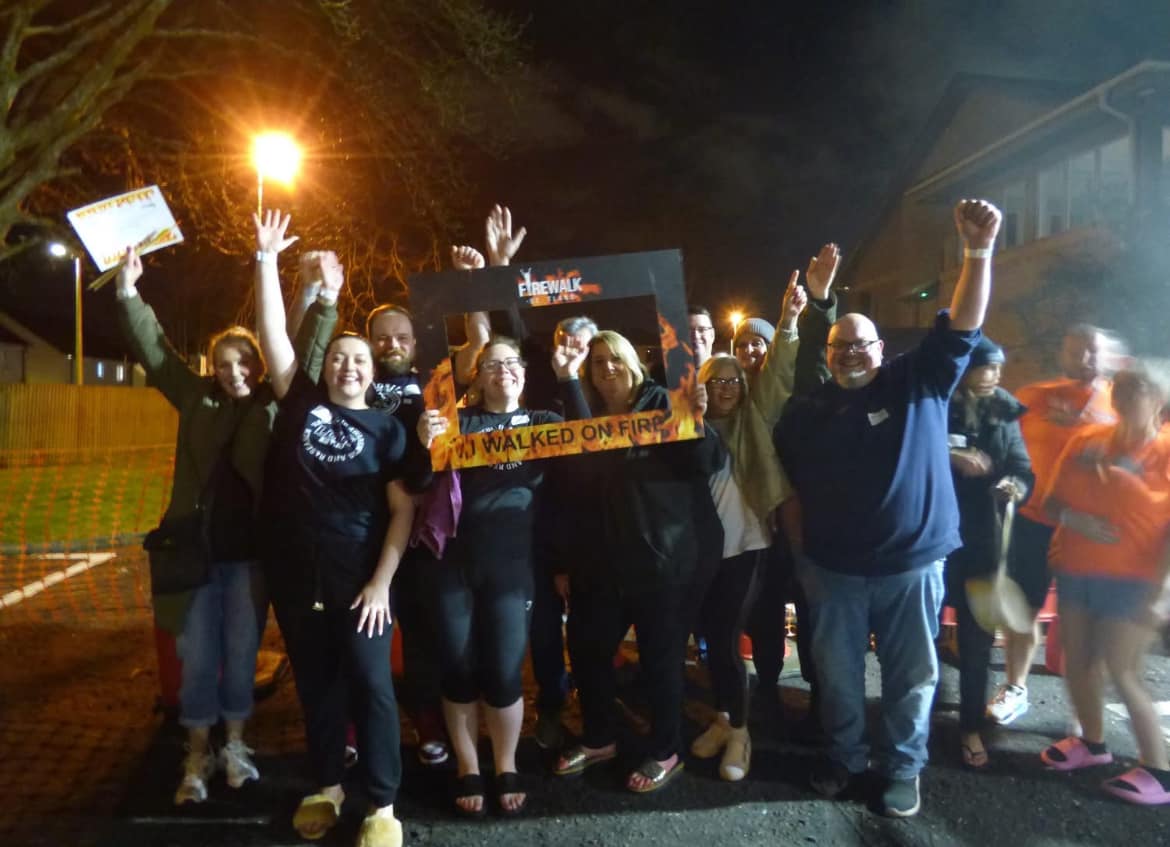Vasculitis, Stress & Anxiety
Vasculitis, along with many other long-term conditions, can cause psychological symptoms. It is important to know how to cope with these symptoms because they can affect long-term physical health problems. Uncontrolled stress, for example, is thought to be associated with migraine, tension headaches, irritable bowel syndrome, skin rashes, high blood pressure, heart disease and strokes. Research has also shown that anxiety, depression, disturbed sleep and isolation contribute towards making symptoms worse in people with vasculitis.
There are many techniques you can use to cope with stress. The first thing to do is identify your stress triggers. Some may be obvious, others less so. Keeping a diary of the times, places and people involved when your stress levels increase may help. Once you have identified the factors, you may be able to think of ways of avoiding them or reducing their effects.
Simple relaxation exercises can be used before, during or after stress exposure. They involve deep breathing and muscle exercises. Take a slow deep breath in and an even slower breath out. Concentrate on your breathing while you do this and repeat a few times. Focus first on your chest then on your stomach. Muscle relaxation exercises involve tensing then relaxing various muscle groups. Start with the feet and slowly move to your knees, thighs, stomach muscles, chest, hands, arms, shoulders and neck.
Taking ‘time out’ is important. Try and protect a period of the day for ‘me time’. This may involve listening to music, taking a walk, or having a bath. If you have to ‘hit the ground running’ try getting up twenty minutes earlier. Break up your working day so you can have a few moments of relaxation. Try to eat your lunch away from your workplace.
Exercise helps stress as well as keeping you physically fit. Daily exercise sessions are best, but a brisk walk two or three times a week is better than nothing.
Hobbies are important. Low-stress activities such as non-competitive sports, reading, playing an instrument and model-making are popular stress-relievers.
Smoking and drinking alcohol may help you relax short term, but studies show that in the long term they can make anxiety worse.
Psychological treatment may be necessary if your symptoms persist. Cognitive behaviour therapy (CBT) is a popular type of psychological treatment. It helps you manage your stress by changing the way you think and behave. There are many courses you can access online. You can also buy CBT self-help books or go and see a CBT counsellor.
Andrew Johnson is a therapist who has partnered with The Lauren Currie Twilight Foundation to provide relaxation and deep sleep therapy support to Vasculitis patients. He has produced a free relaxation MP3 therapy resource and CDs on relaxation and sleep. These are available on the site at https://www.thelaurencurrietwilightfoundation.org/relaxation.html
Other resources available on the site include an Anxiety Helpline operated in partnership with Anxiety UK, a booklet and a leaflet. These are available at https://www.thelaurencurrietwilightfoundation.org/anxiety.html.
Medicines are sometimes prescribed for anxiety, but they are addictive and usually prescribed only for short periods of time to control severe symptoms.


